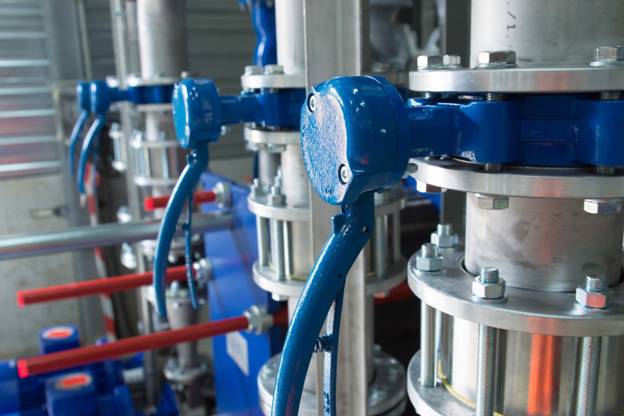Whatever industry you work in, one thing is common: all of the important machinery is run by valves. Without valves, you wouldn’t be able to operate your machines in a safe and productive way. This is why ensuring you’re choosing the right valves for the job is essential.
You might think of them simply as plumbing devices, but valves are so much more than that. They are essential to the functionality of all industrial equipment.
Our three tips below can help you choose the best process valves for your needs.
1. Understand Your Application Before Purchasing a Valve
When considering purchasing valves for industrial applications, it is essential to take the time to consider your particular requirements. Understanding your application before purchasing the valve is key to ensuring that the valve you choose is fit for purpose.
Consider the flow rate, the materials used, process pressures, temperature, fluid viscosity, and the operation type. Choose a valve designed to withstand the stresses imposed on it while managing the flow of liquids in your process.
Finally, consider buying the Everlasting Valve Process Valves for your industrial application. These valves are designed with quality material, body styles, and valve sizes. This provides increased efficiency and guaranteed seal tightness.
2. Understand the Types of Process Valves
A handful of common valves are available, and choosing the right one is essential to ensure safe and effective operation. For instance, gate valves, which open and close by the process of gates lifting up and down, control the flow of liquids in a specific direction. They are best suited for applications requiring low pressure.
Meanwhile, ball valves are well-suited for off-on applications and require less maintenance. Globe valves are often the best option for throttling service and when experiencing a balancing application.
There are also butterfly valves that are the best choice for applications with large diameters. This is due to the effectiveness of their ability to open and close quickly with a minimum pressure drop.
Each type of valve has its specific purpose. And so, it’s essential to identify the type that best suits the needs of a given application.
3. Evaluate Durability and Maintenance Issues
When choosing a process valve for industrial applications, durability, and maintenance issues must be considered. It is important to ensure the valve is made of a material that can withstand heavy-duty use, as well as the environmental conditions in which it will be used.
Additionally, the valve should be designed for easy maintenance or require no maintenance at all. When possible, opt for valves with modular design features, as this can help facilitate quick and easy repair or replacement of components, if needed. Furthermore, selecting a valve with a good warranty can give you peace of mind that the product will be covered in the event of any issues.
Get the Best Process Valves for Your Needs Today
Learning what is a process valve has a myriad of important properties to consider, such as flow rate, pressure, size, temperature, body type, and type of material. Learning which process valves best suit a particular application will ensure a successful operation. Take the time to research the best valve selection before making your decision.








